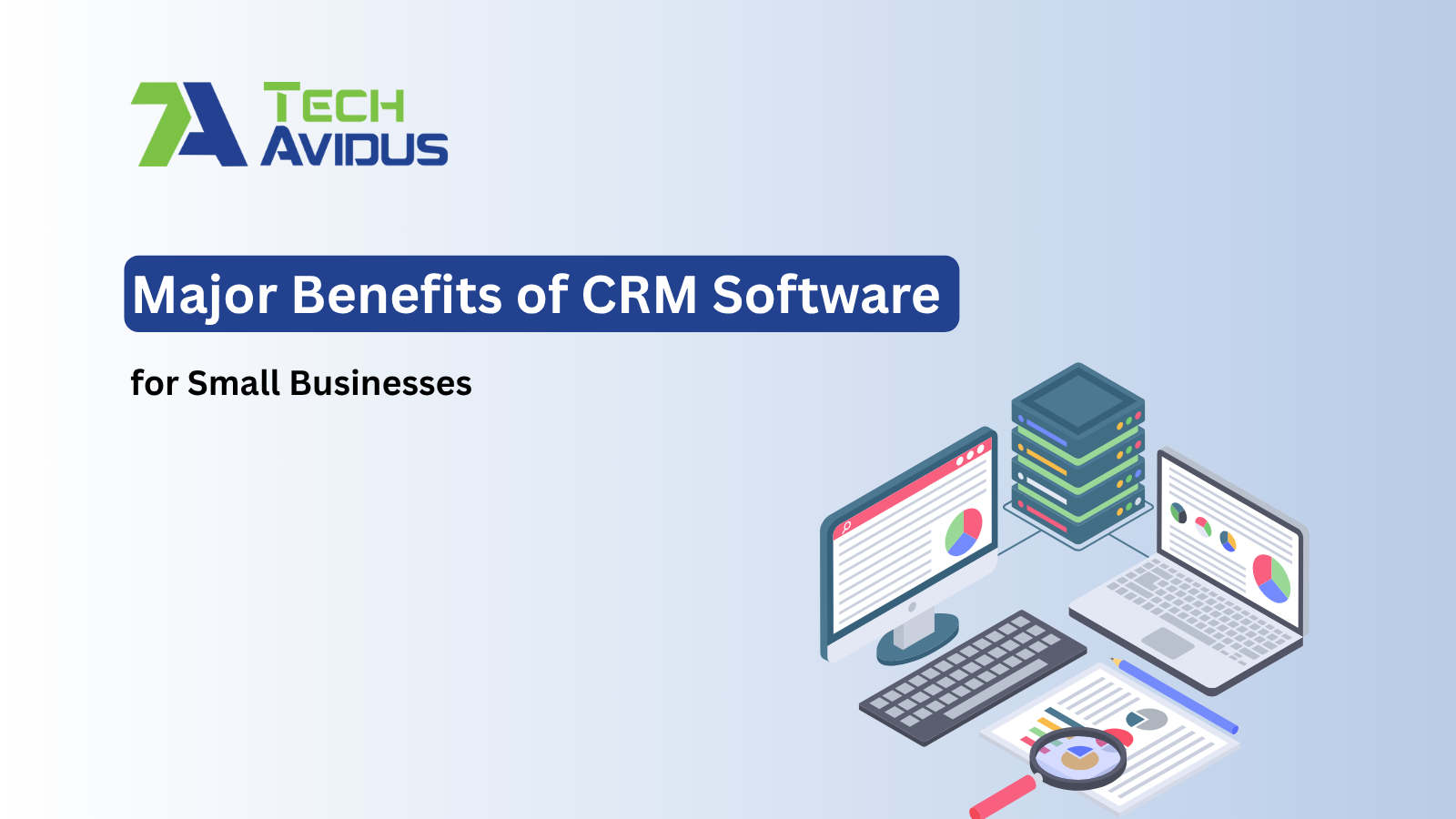
CRM is a business tool that helps individuals and groups to maximize their efforts by providing a personalized experience. When a new product is introduced, it takes a few months before that product or service becomes a commodity. Some of them are drain off, and few of them do frequent business. Similarly, CRM has given a better way to understand the customer’s needs and helped users to improve the way the product portfolio is offered to them. The more you know about CRM, you’ll get more likely to use CRM software to influence the market.
Have you ever used a CRM (Customer Relationship Management) before? If your business hasn’t used CRM yet then, this is the year you can give it a try. Nowadays, 6 out of 10 companies are implementing CRM software, and nearly 74% of users said that CRM systems offered greater access to customer data.
Although Customer management software for small businesses comes with several benefits and efficiencies, there are a lot of organizations that fail. So, one needs to streamlined customer relations and enhance their cross-sell efforts and client retention to bring back new opportunities.
Generally, peers think that small companies won’t require as much attention to focus on since their stakes are lower. But, in real CRM for small businesses will gain a lot of advantages. A few of them are listed below:
Develop a robust chain of communication within your organization and deliver superior customer service with CRM. As with CRM, you can gauge the performance of the individual salespeople and help management to make an important business decision. If you’re looking to improve business with CRM, then let’s connect and discuss your requirement.
Our Top 1% Tech Talent integrates cutting-edge AI technologies to craft intelligent, scalable, and future-ready solutions.
All Rights Reserved. Copyright © 2025 | TechAvidus